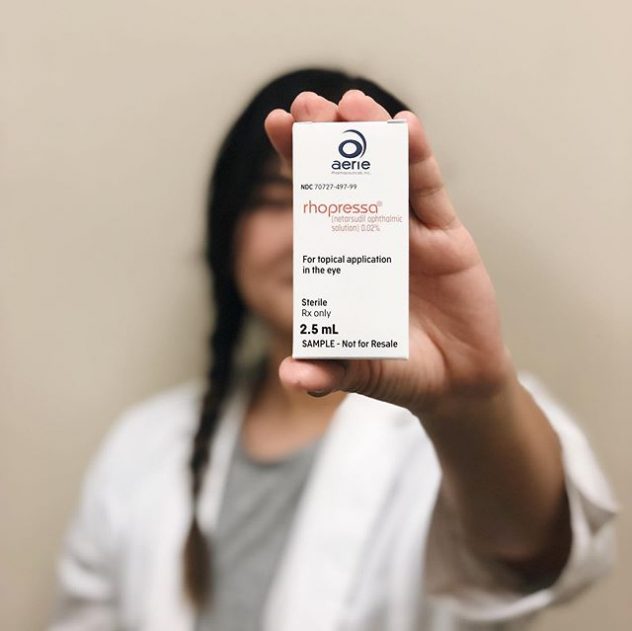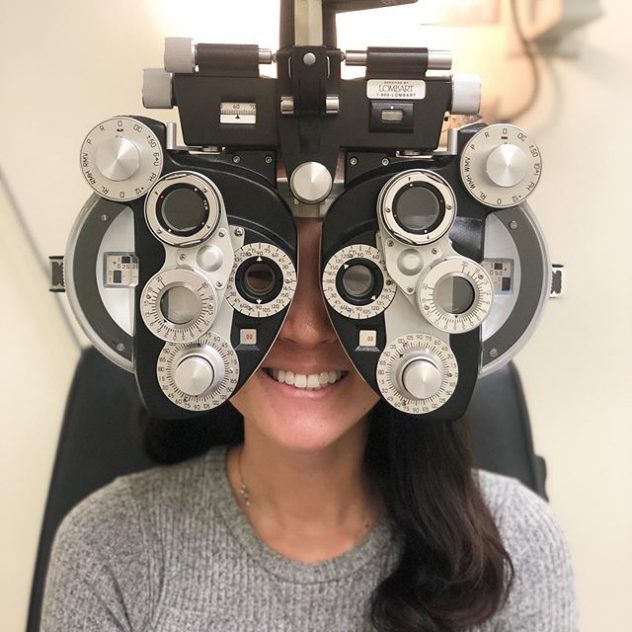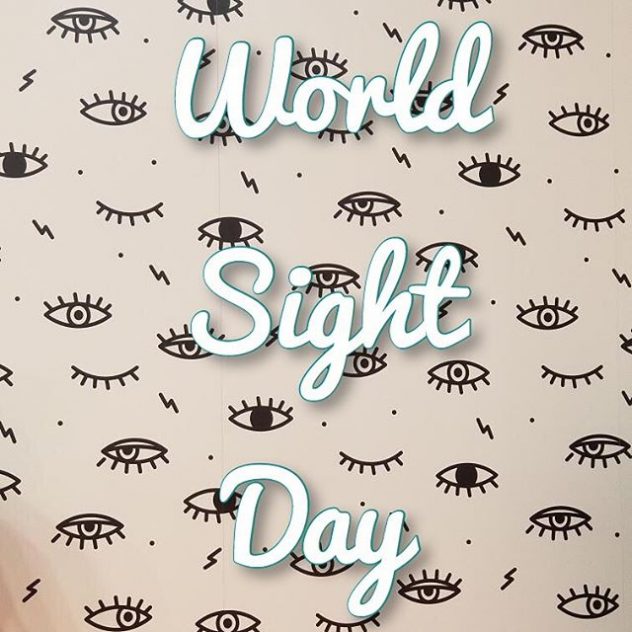 Summer is the perfect time to sit back, relax, and soak in the rays. So, before you find the coolest getaway, make sure your prescription is up to date, you have a backup pair of glasses, and have eye drops on hand. Most importantly, don’t leave home without them. Give us a call and we can help you prepare for your next vacation. #eyehealth #traveltips #summerplans
Summer is the perfect time to sit back, relax, and soak in the rays. So, before you find the coolest getaway, make sure your prescription is up to date, you have a backup pair of glasses, and have eye drops on hand. Most importantly, don’t leave home without them. Give us a call and we can help you prepare for your next vacation. #eyehealth #traveltips #summerplans
- Do: Double your pairs and pack your backup glasses
- Don’t: Wait to see an eye doctor before traveling
- Do: Prepare for dry eyes on airplanes
- Don’t: Use water to clean your contacts
- Do: Stock up on prescription eye drops
- Don’t: Ignore changes in your vision, even on vacation
- Do: Enjoy your adventure.
Most importantly if you do experience an eye emergency while traveling, find an eye doctor near you. Some eye conditions can lead to permanent vision loss if not treated appropriately. Don’t wait!
Need help preparing your eyes for the next getaway? Give us a call and schedule an appointment today!
Schedule Your Eye Exam Now



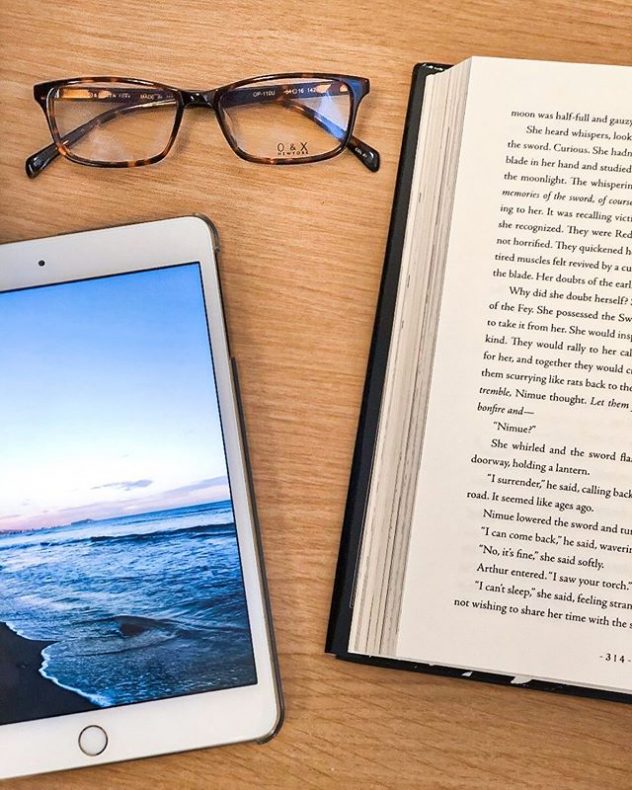
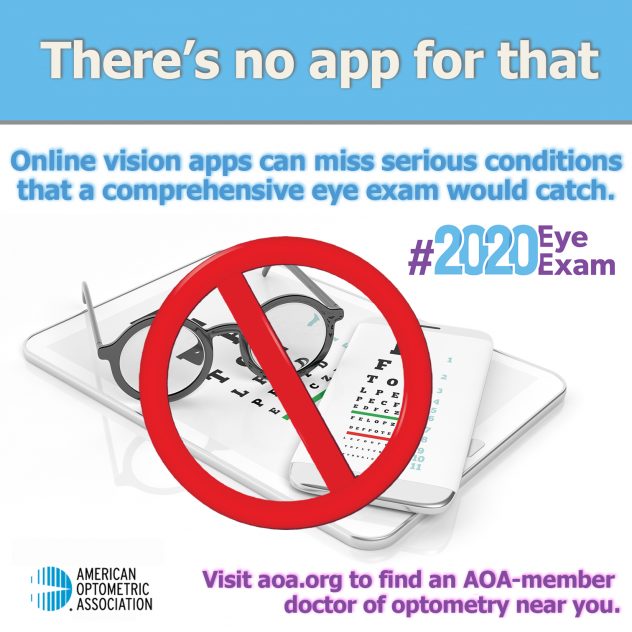
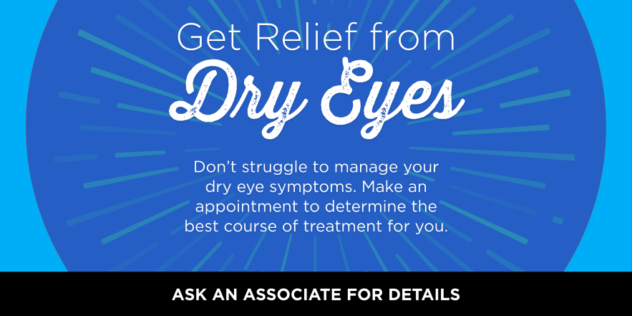


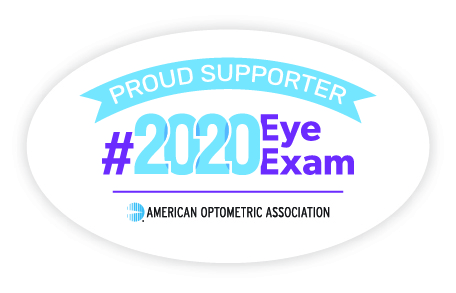 Wow! During an annual, comprehensive eye exam, doctors of optometry can identify early warning signs and manifestations of more than 270 systemic and chronic diseases, including diabetes, high blood pressure, autoimmune diseases and cancers. Schedule your #2020EyeExam today!
Wow! During an annual, comprehensive eye exam, doctors of optometry can identify early warning signs and manifestations of more than 270 systemic and chronic diseases, including diabetes, high blood pressure, autoimmune diseases and cancers. Schedule your #2020EyeExam today!
